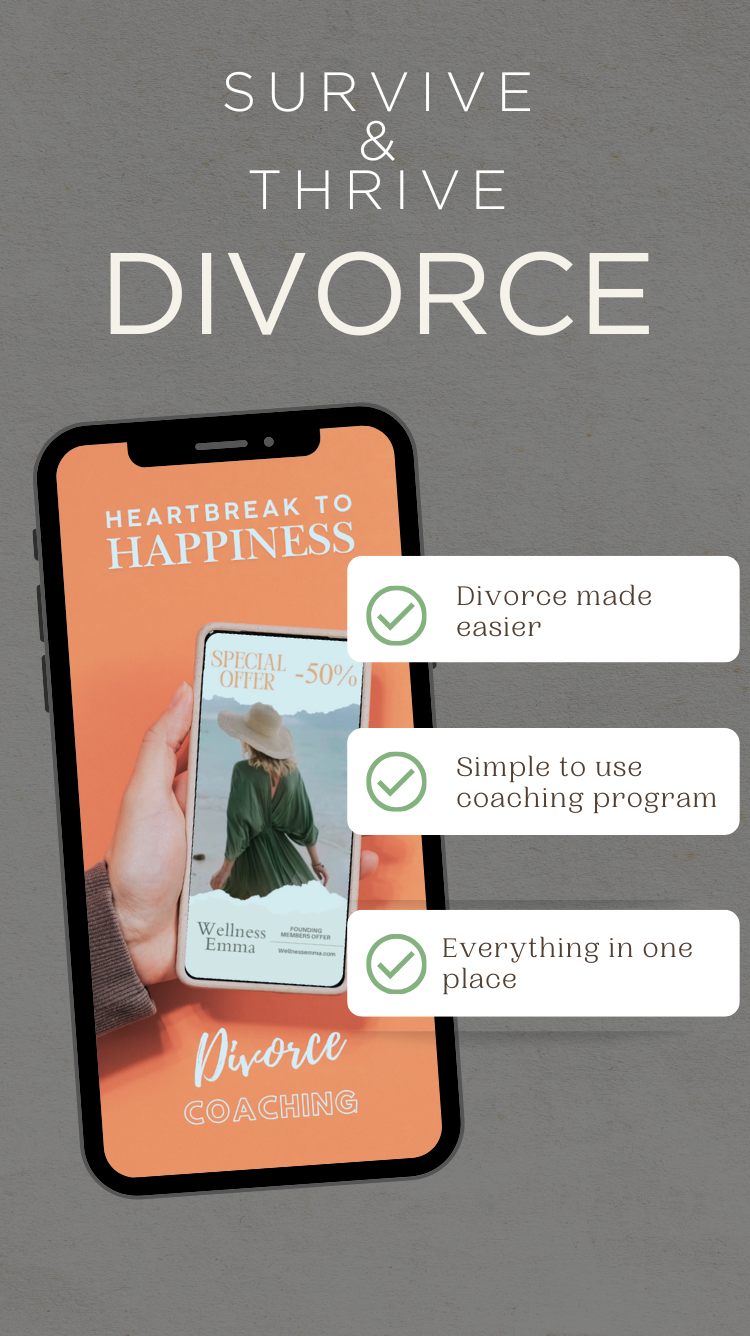The whats and whys of Vitamin B6! Should i be taking it??
Vitamin B6, also known as pyridoxine, is one of the essential vitamins that your body needs to stay healthy.

The Vitamin B6 is used to convert nutrients to energy and create red blood cells and neurotransmitters, the benefits of vitamin B6 include supporting a healthy immune system, promoting brain function, and boosting metabolism. One of its main roles is in helping the body break down proteins, fats, and carbohydrates for energy.
B6 also…
- Supports brain health by helping to create neurotransmitters that are important for creating chemical messengers in the brain.
- Boosts immune system function by producing hemoglobin (a protein that carries oxygen to cells), white blood cells, and T cells.
- Rids the body of excess homocysteine – an amino acid that can cause heart problems at high levels.
It has been proven to help with:
1. Vitamin B6 may improve mood and alleviate symptoms of depression
2. Vitamin B6 may boost brain health and reduce the risk of developing Alzheimer’s
3. Vitamin B6 may reduce the risk of heart disease
4. Vitamin B6 may boost eye health and prevent eye diseases
5. Vitamin B6 may help to prevent cancer
6. Vitamin B6 may help to prevent and treat anemia
7. Vitamin B6 may be useful in treating symptoms of PMS premenstral syndrome
You should be able to get the recommended daily amount by eating a varied and balanced diet alone (the recommended daily intake of vitamin B6 is 1.4mg for men and 1.2mg for women by the NHS).
The top foods to eat are:
- Beef liver
- Pork
- Poultry
- Salmon
- Tuna
- Chickpeas
- Fortified cereals, e.g. Cornflakes
- Soybeans
- Oats
- Banana
- Papaya
- Oranges
- Cantaloupe
- Dark leafy greens, e.g. kale
What symptons to look out for if you have a deficiency:
Mild B6 deficiency can have no symptoms. However, a more severe or prolonged deficiency can lead to symptoms including skin conditions like seborrheic dermatitis (scaly, itchy rash that usually appears on the face), depression, confusion, and reduced immunity.
Research has also revealed that elderly people are at greater risk of vitamin B6 deficiency due to decreased absorption and, often, lower consumption of food in general.
Those at greater risk of vitamin B6 deficiency may consider taking a supplement. However, it’s important to always speak to your GP before introducing any new supplements into your diet.




